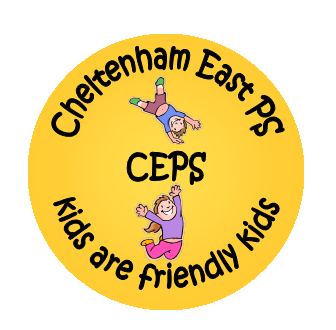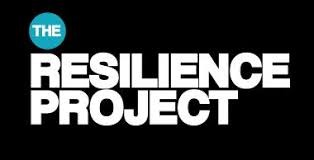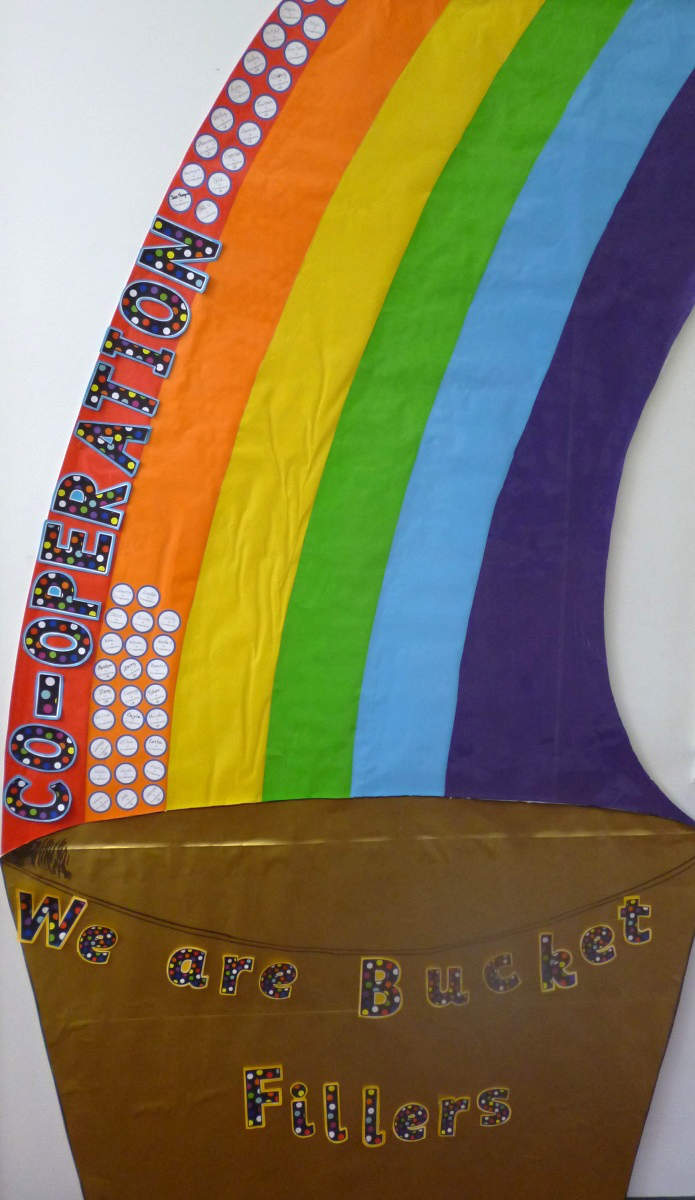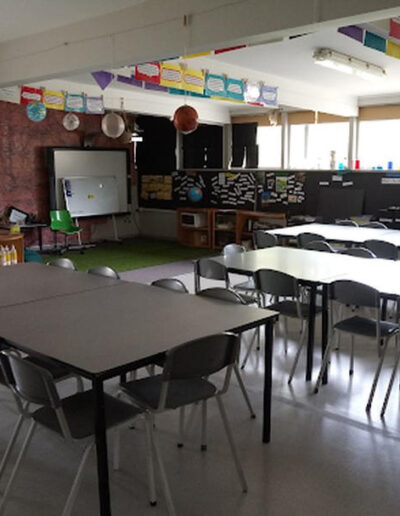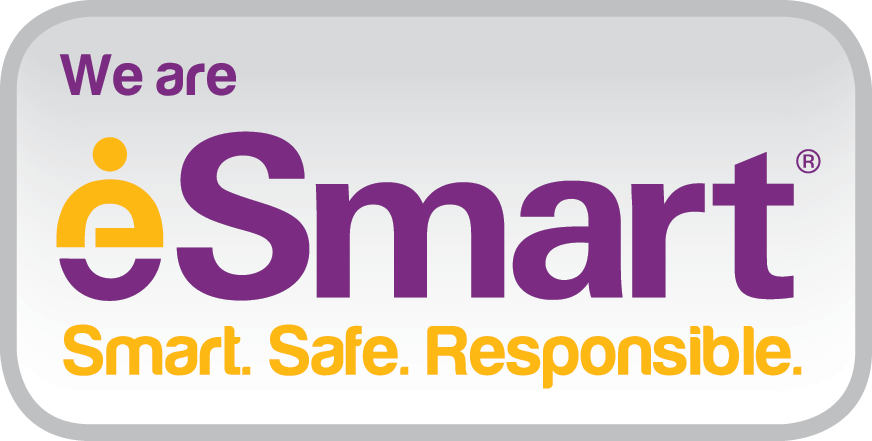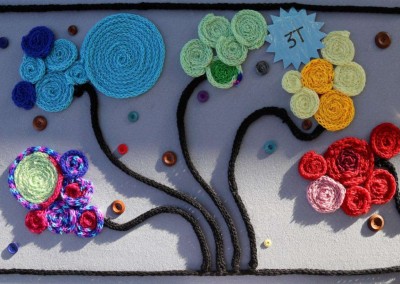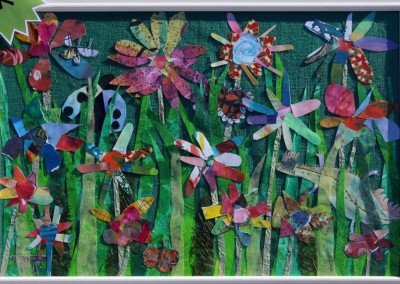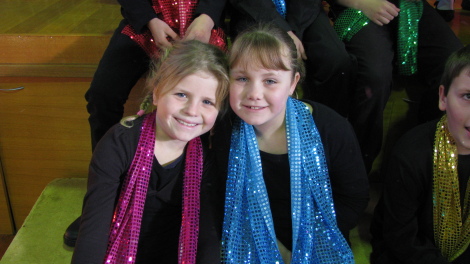Curriculum
Our Curriculum
Our curriculum is delivered through an integrated approach where topics are taught across all domains. The students are engaged in a unit of work sharing their knowledge, before they explore new information which they will be able to explain through various applications allowing them to develop their ideas and understandings. Self evaluation of progress is an important aspect of their learning.
Our School Strategic Plan places great emphasis on ICT, English and Numeracy Programs.
Our eLearning vision at CEPS embeds ICT in all facets of the curriculum providing a stimulating, purposeful, inclusive and challenging environment for all children to meet the demands of their ever changing technological world. Using ICT is an engaging and exciting learning experience for students.
Our Arts Curriculum at CEPS is an exceptional and enticing program that allows students to participate in fun and exciting activities in our Art and Music rooms. The programs are facilitated by experienced, creative teachers.
English at Cheltenham East Primary School
At Cheltenham East Primary School, English is taught in alignment with the Victorian Curriculum and evidence-based practice. We offer a comprehensive program designed to develop skills in listening, speaking, reading, viewing and writing within a supportive and engaging environment. Students engage in modelled and shared reading and writing instruction. Assessments are used to closely track the growth of students, and targeted interventions are provided to support and extend students as required.
Speaking and Listening
At Cheltenham East Primary School, we recognise the importance of developing the speaking and listening skills of students, not only for their social and emotional development, but also as a mode for learning. Effective expressive and receptive language skills are taught across all year levels and are heavily integrated into all areas of the curriculum.
Reading and Viewing
Our Reading program at Cheltenham East Primary School focuses on building reading fluency, accuracy, comprehension and vocabulary. Reading strategies are explicitly taught using a variety of picture story books, novels, articles and digital texts.
For our Foundation to Year 2 students, a synthetic phonics approach is used to teach reading. The students actively engage in activities that focus on building phonemic awareness (identifying and manipulating sounds in words without print) and synthetic phonics (understanding the relationship between sounds and the letters that represent them in written language). In small group reading sessions, decodable books are used to teach and support decoding skills. Our take home reading program nurtures a confidence and enjoyment of reading whilst supporting the fundamental skills being taught in the classroom.
In Years 3-6, students consolidate and extend their reading comprehension skills through a range of text studies. They learn to synthesise information read by applying their background knowledge, considering newly learned ideas, making connections, inferring and summarising information. Students engage in text discussions where they analyse the word choices made by authors and share and justify their thoughts and ideas about characters, events and information presented.
Writing
Writing is another essential component of our literacy program. Students use quality texts as models for constructing sentences, paragraphs and texts. Lessons focus on the 6+1 Writing Traits to teach organisation, ideas, voice, sentence fluency, word choice, conventions and presentation. Students are guided through the process of planning, drafting, editing and publishing writing pieces to inform, persuade and entertain an audience.
As the students move through the year levels, they progress from spelling lessons embedded in a Synthetic Phonics approach to English Orthography. Throughout English Orthography lessons, students learn how the written word works. They engage in activities where they build words using prefixes, bases and suffixes, and apply join changes to attach suffixes to bases. Students investigate the importance of considering word meaning when spelling and expand their vocabulary by building word families. Lessons focus on developing an understanding of etymology (origin of words), morphology (words and their meaningful parts) and phonology (letter/sound correspondences) in spelling.
At Cheltenham East Primary School, the students have access to a well-resourced library and all classes enjoy scheduled sessions in the library to browse, borrow and utilise our extensive collection of books and resources. Every year, Book Week is a highlight at our school. The students enjoy dressing up as their favourite book character and families participate in a wide range of activities that foster a love of reading. Throughout the year, students receive visits from authors to further enhance their literacy experience.


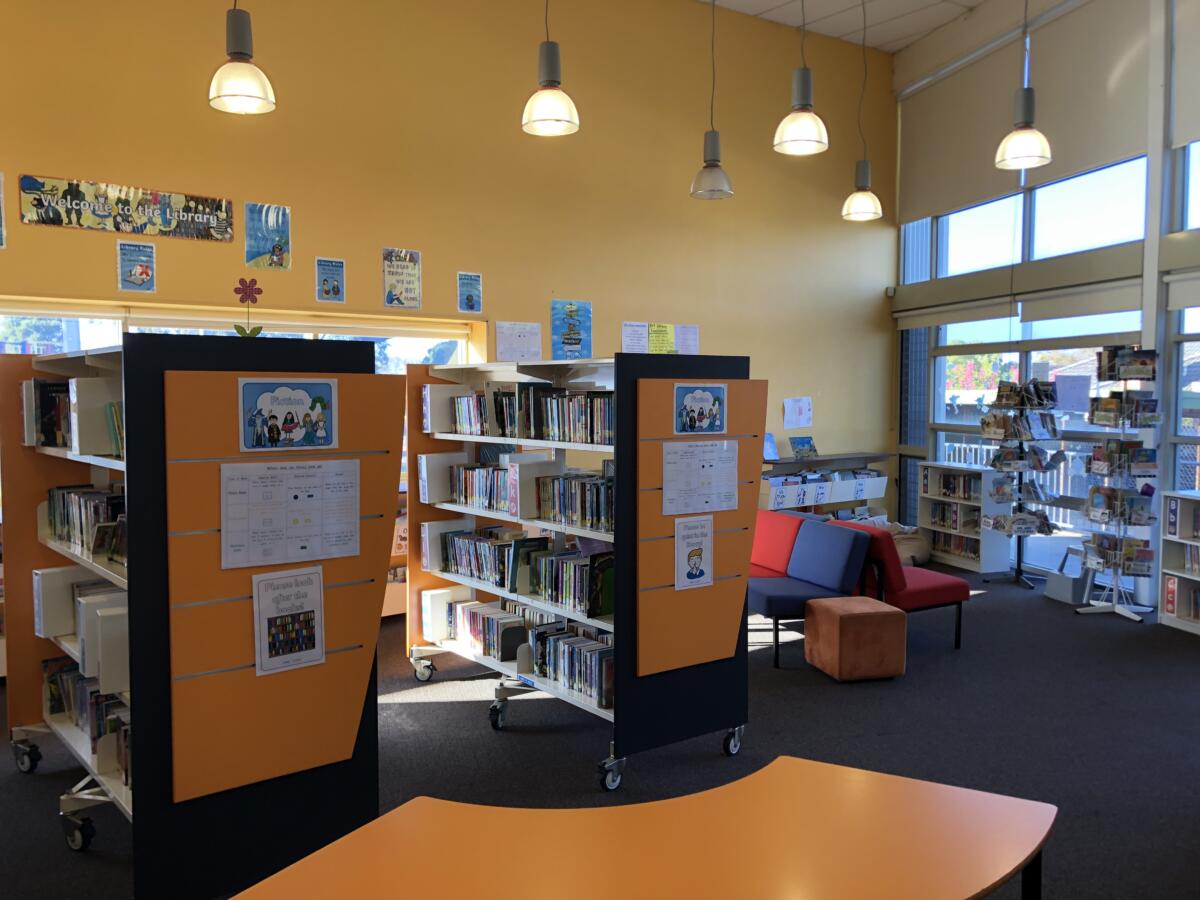
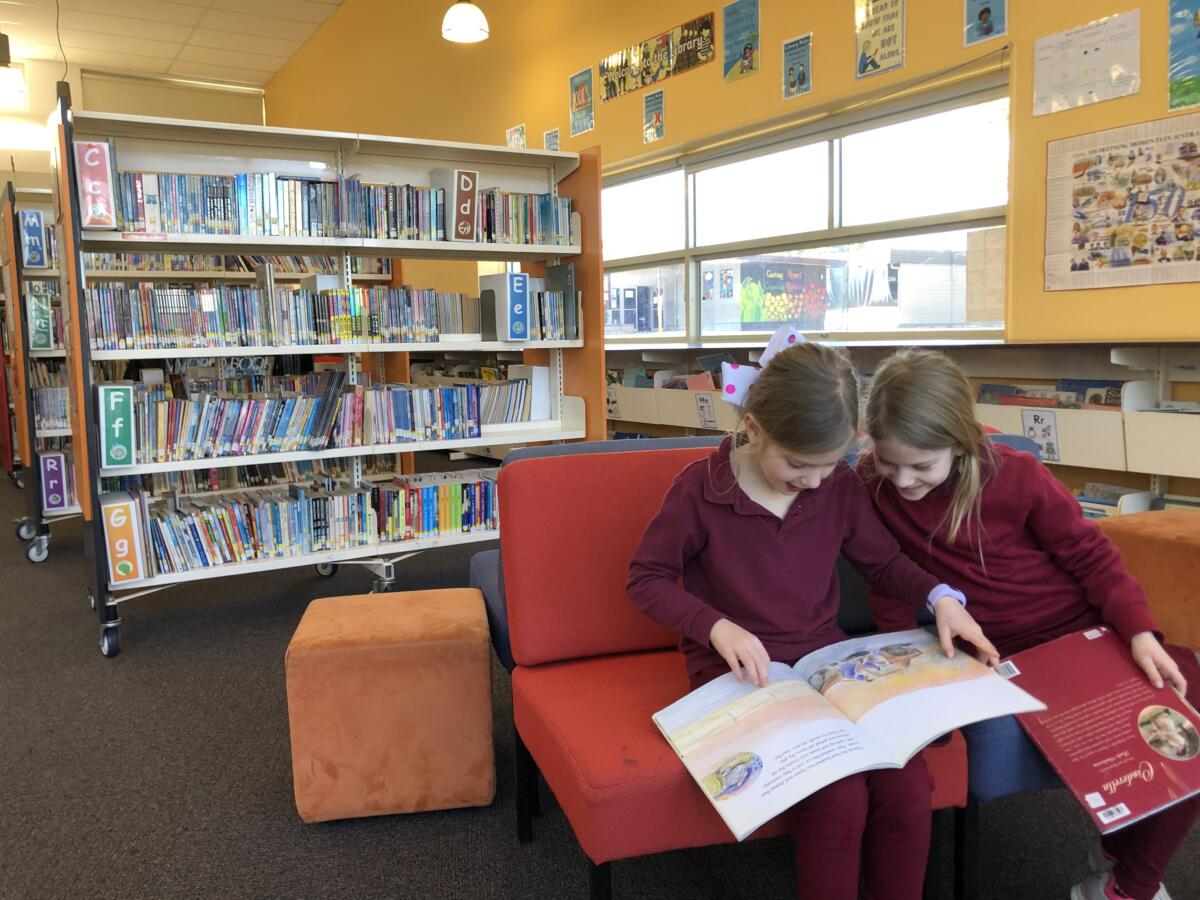
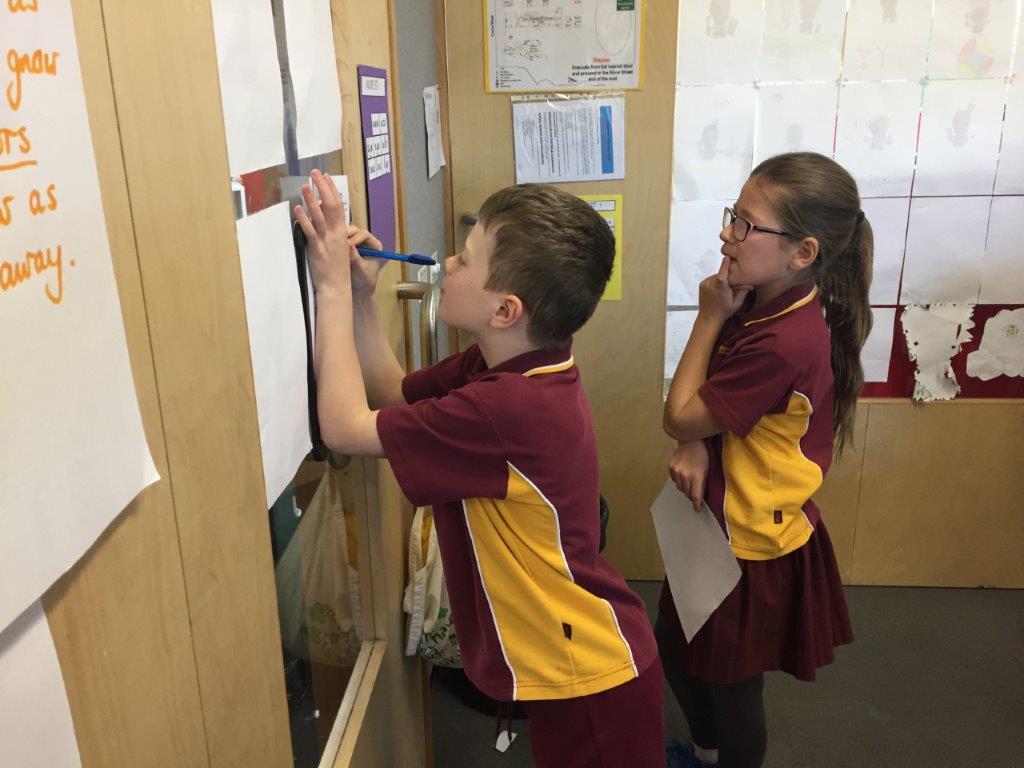
Numeracy
Overview
At Cheltenham East Primary School, Mathematics is a vital part of students’ learning journey and is taught across the week from Foundation to Year 6 in accordance with the Victorian Curriculum. The curriculum prioritises the development of deeper connections, problem-solving skills, and the understanding necessary for effective communication. Students develop proficiency in Fluency, Understanding, Problem Solving, and Reasoning. A positive disposition towards mathematics is cultivated to encourage a lifelong appreciation and confidence in using mathematical skills.
Assessment and Planning
Formative and summative assessment data is regularly utilised to prepare unit plans, respond to student needs, and track their mathematics growth and development throughout their primary school life. Formative assessments inform students about their progress and guide teachers in adjusting instruction to meet individual learning needs. Longitudinal data is used to monitor students’ progress over time, ensuring that their learning trajectory is consistently improving.
Lesson Design
Lessons are carefully crafted to ensure meaningful connections to mathematics in the real world, extending students to the best of their abilities. Mathematics at CEPS focuses on fostering student confidence and skills, enabling students to use numeracy and mathematical approaches in all aspects of life. The Structured Inquiry Model of Peter Sullivan is utilised, encouraging students to explore mathematical concepts through guided discovery, promoting critical thinking and deeper understanding. Additionally, the fundamental concepts of Di Siemon’s work inform our teaching practice, focusing on a deep understanding of mathematical concepts and processes.
Differentiated Teaching
Lessons are differentiated to meet the diverse needs of learners. This teaching strategy provides the right amount of support and challenge for every student at their point of need. Differentiated teaching adjusts either the content, the process, or the product expected from students, ensuring all CEPS learners receive the instruction they need to grow and succeed. This approach is supported by a variety of resources, including digital learning tools, interactive devices, hands-on learning materials, maths games, and engaging modelling tools.
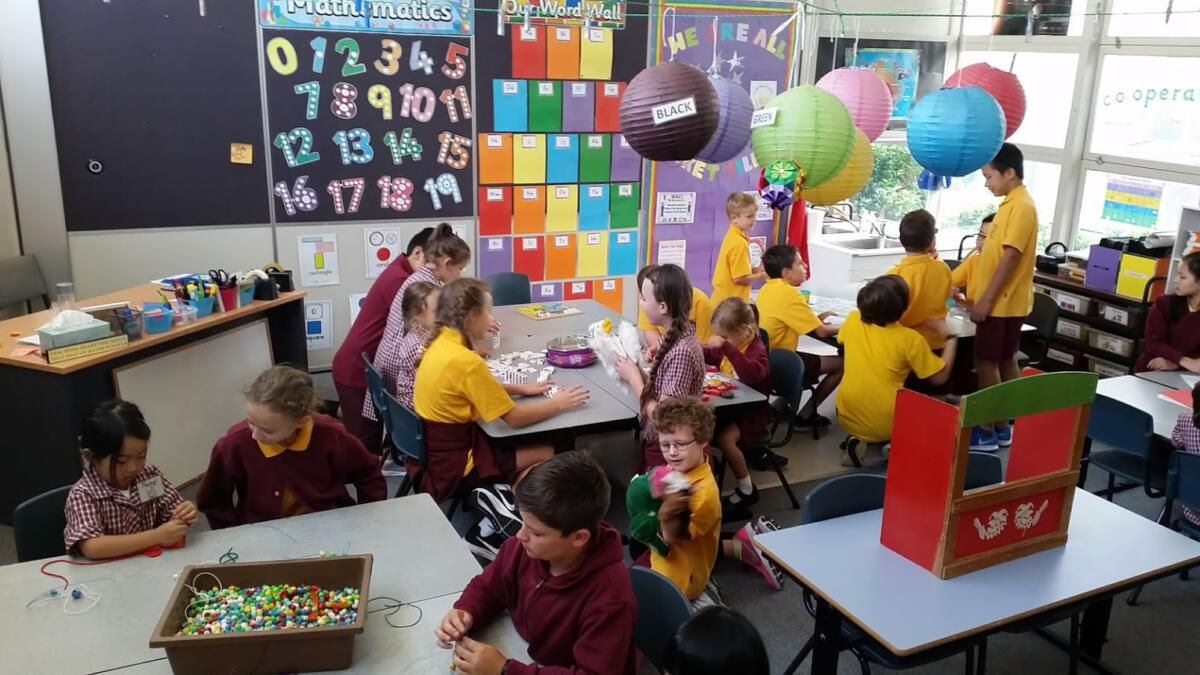
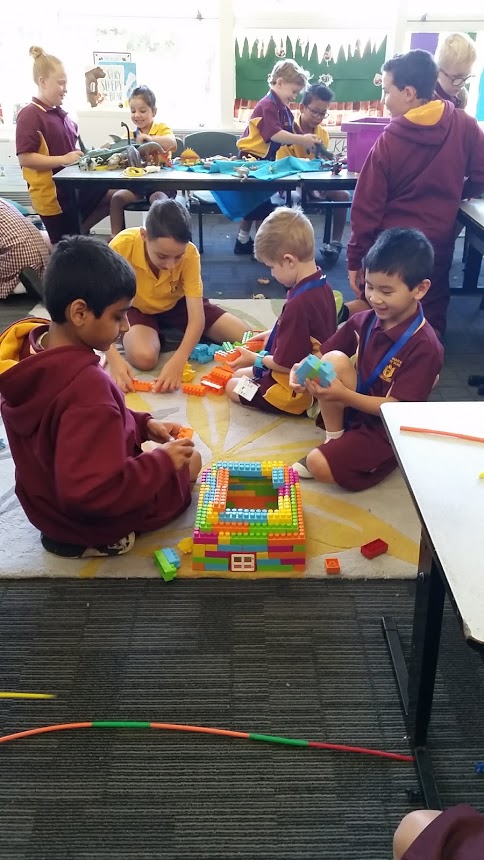
Humanities/Inquiry Learning
At CEPS, students learn about the world around them through our Humanities units and explore ways they can contribute to the society they live in. Students learn about their place in the school, local area, Australia and globally.
Units of work involve Inquiry-Based Learning where students actively participate in exploring their own questions and interests, and are provided opportunities to exhibit agency in their learning. This approach aims to develop students’ curiosity and motivation and enables them to take ownership over their own learning.
Explicit teaching of the following content areas occurs in classrooms, along with planned lessons which develop student’s skills required to engage with different subject areas:
- History
- Geography
- Civics and Citizenship
- Economics and Business
- Design Technology
- STEAM (Science/Technology/Engineering/Arts/Maths)
All students engage in a STEAM project to conclude each Humanities topic where they are given the opportunity to demonstrate new understandings and skills in a variety of ways.
Science
At Cheltenham East Primary, students from Foundation to Year 6 experience the wonders of Science in a weekly session held in our dedicated science room.
Engaging, hands-on activities and experiments are planned alongside the Primary Connections Science Program to explore concepts of Biological Science, Chemical Science, Physical Science and Earth and Space Science.
Students are given opportunities to work collaboratively with their peers and develop their scientific literacy skills by learning ways to record observations, experiences and reflections.

I.C.T. at C.E.P.S
The ‘Information and Communication’ highway is always flowing at Cheltenham East Primary School as we keep up to date with current practices. Our students and staff have access to a variety of devices which are used not only to engage students, but also to broaden creativity and critical thinking skills. Opportunities to develop skills and knowledge arise across the curriculum in a safe and supported environment.
At CEPS, Information and Communication Technology (ICT) is taught explicitly from Foundation to Year 6, as well as being integrated into other areas of the curriculum. Students develop skills that make them innovative, confident and responsible users of IT in an ever changing world. ICT programs are used both as learning platforms and for assessment purposes.
At Cheltenham East, we pride ourselves on our integration of technology into our classrooms. Students and teachers are equipped with iPads, smart TVs, Apple TVs as well as our BYOD programme in the senior years. Access to these technologies allows our students to collaborate with their peers on group activities, learn about eSafety and provides them with access to a range of avenues to explore and discover information through the internet. Our school also utilises the Google Suite to collaborate, explore and share ideas across the school and they are provided with opportunities to interact with online spaces in a safe and supervised environment.
E-Safety
Cheltenham East Primary School became an official eSmart school in 2016. The eSmart framework is funded by the Victorian Government and is an evidence based initiative of The Alannah and Madeline Foundation. This framework uses a cultural change approach to improve cyber safety and reduce cyber bullying and helps guide our policies, practices and whole-school processes to create a cyber safe environment and to help support the smart, safe and responsible use of technology.
With our lives being immersed by technology, it is important that now more than ever we as a whole-school community continue to uphold and promote cyber safe behaviours at school and at home.
For more information about eSmart or sites you can visit for support with being cyber safe at home please take the time to explore the links.
Visual Art
Visual Arts program is taught by teacher Suz Reidd and functions as part of our specialist program.
Our Visual Arts program enables children to be involved in numerous activities that aim to develop and extend individual artistic skills and creativity. All children work on a broad range of activities such as drawing, painting, printing, collage, construction, modelling and textiles as outlined in the Victorian Curriculum.
Children attend one session per week in our new purpose built well resourced Art room. Each lesson aims to cover skill application and art appreciation. Children have the opportunity to socialise with their peers and share their ideas in a positive and encouraging learning environment. Producing work for presentation is most important. Displays of children’s art works can always be viewed along the corridor of the main building, showcasing the outstanding artistic abilities of our students.
Music
Music is taught by teacher Susan Digby and functions as part of our specialist program.
Our Music program consists of one class session per week in the Music room which is equipped with a variety of musical instruments including a piano, several keyboards and tuned instruments. Children sing, listen to music and play a range of instruments. Classes participate in assembly items, presented on a rotational basis at Monday morning assemblies throughout the year.
Physical Education
Physical Education is taught by teacher Bec Robinson and functions as part of our specialist program.
Our extensive grounds and facilities allow our Physical Education program to continue regardless of the weather. Our enthusiastic and encouraging program facillitator caters for all students to have fun whilst developing fundamental skills and awareness of body and space. Our program is developed from the Victorian Curriculum.
Students in Years 3-6 participate in Minor games including Bat Tennis, Kanga Cricket, Football, Netball, Soccer, Tee Ball, and Volleyball throughout the year. Years 5 and 6 students participate in Inter-School Lightning Premierships. Other events such as Hooptime Basketball and Five-a-Side Soccer are also arranged for students. Our students participate in House Athletics, Cross-Country and Swimming events with several children qualifying to attend Zone and District Carnivals. We are always very proud of our children and the way they participate.
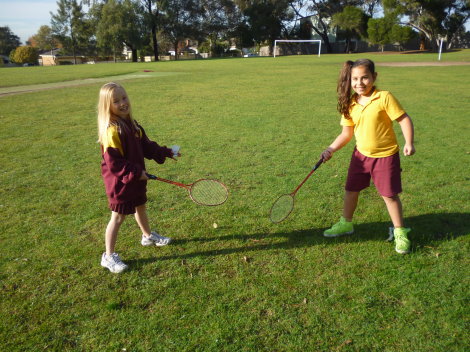
Our Foundation and Year 1 students participate in PMP, a Perceptual Motor Program which occurs in Term 2.
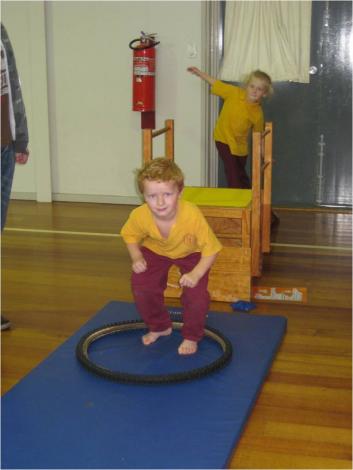
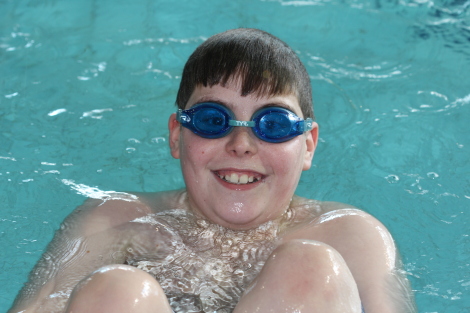
Languages – Italian
Our Languages program is based on the Victorian Curriculum. It is taught by teacher Signora Mondy and functions as part of our specialist program.
Our Italian languages program encourages children to not only be exposed to the Italian language, but also learn about Italian society. Children are able to develop a better understanding and appreciation of other cultures. The study of Italian also aids as a foundation for learning other languages. Children and staff participate in Special Days to promote cultural activities. Italian lessons are attended by Foundation to Year 6 students each week.
VALUES EDUCATION
The National Framework for Values Education recognises the values, education policies and programs already in place in Victorian education authorities and schools. Click here for more information.
CEPS Values
The four values which underpin our daily actions are Courtesy, Respect, Co-operation and Responsibility. In each classroom, child-friendly teaching posters are displayed and actively used to help reinforce the attitudes and behaviours that will support each student to embody each of the school’s four values. Student awards are given each week at assemblies to recognise Courtesy, Respect, Co-operation and Responsibility through student actions.
CEPS Kids are Friendly Kids
Our social skills program ‘CEPS Kids are Friendly Kids’ teaches and instils values through role play, discussion and everyday events. Children are encouraged to live our school motto ‘Aim High’ and to always give their best effort. The program is taught weekly from Foundation to Year 6.
The Resilience Project
The Students at CEPS are extremely fortunate to be involved in The Resilience Project. The Resilience Project is a program that is driven to share inspiring stories that make talking about mental health accessible and practical activities that make looking after the wellbeing of ourselves and others easy and fun. Our staff deliver this program to our students each year. The program provides evidence-based, practical wellbeing strategies to build resilience in our students. The program focuses on three key principles of Gratitude, Empathy and Mindfulness (GEM). At CEPS we aim to promote the principles behind GEM in our daily teaching practise, to increase happiness and drive long-lasting mental health outcomes in all of our students. At CEPS we proudly put the Wellbeing of our students first.
Some links for information about the Resilience Project
The Resilience Project youtube video
SWPBS – School Wide Positive Behaviour Support
The SWPBS approach at Cheltenham East Primary School was introduced in 2014. It is a whole school approach designed to promote and maintain a safe and orderly learning environment for all students and staff.
It focuses on everyone and all settings within the school and promotes a positive focus on academic and behavioural outcomes across the school. It clearly defines our core expected behaviours, which are:
I am Courteous
I am Respectful
I am Co-operative
I am Responsible
Behaviour expectations will be taught and practised throughout the school to reinforce our core values.
